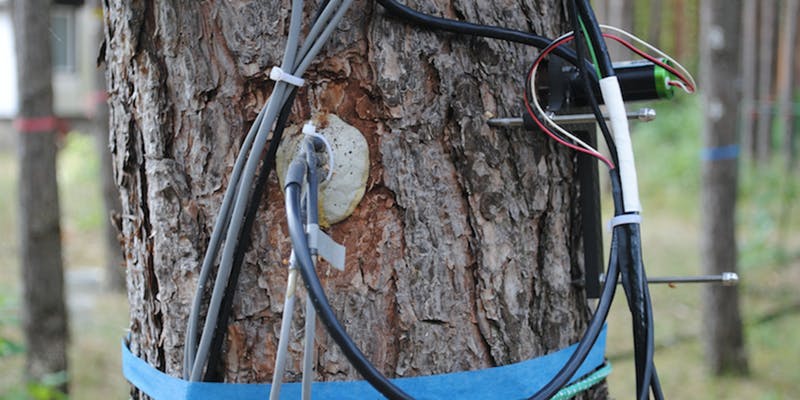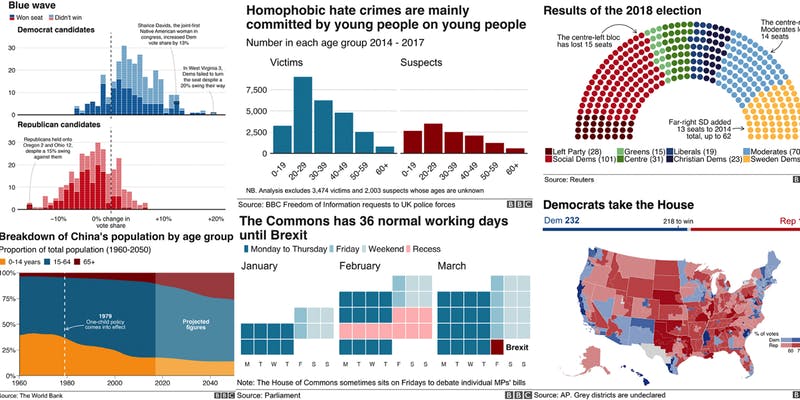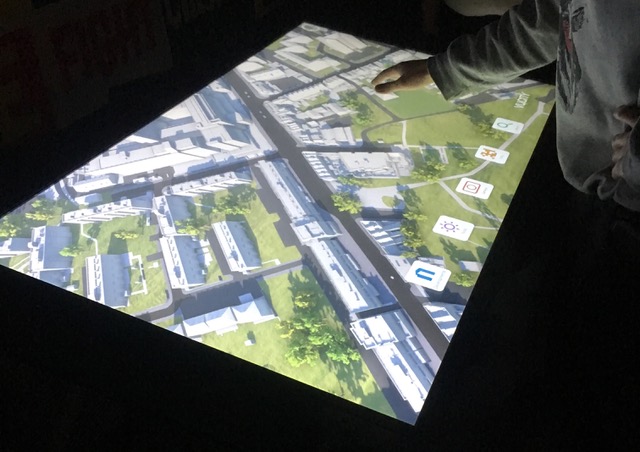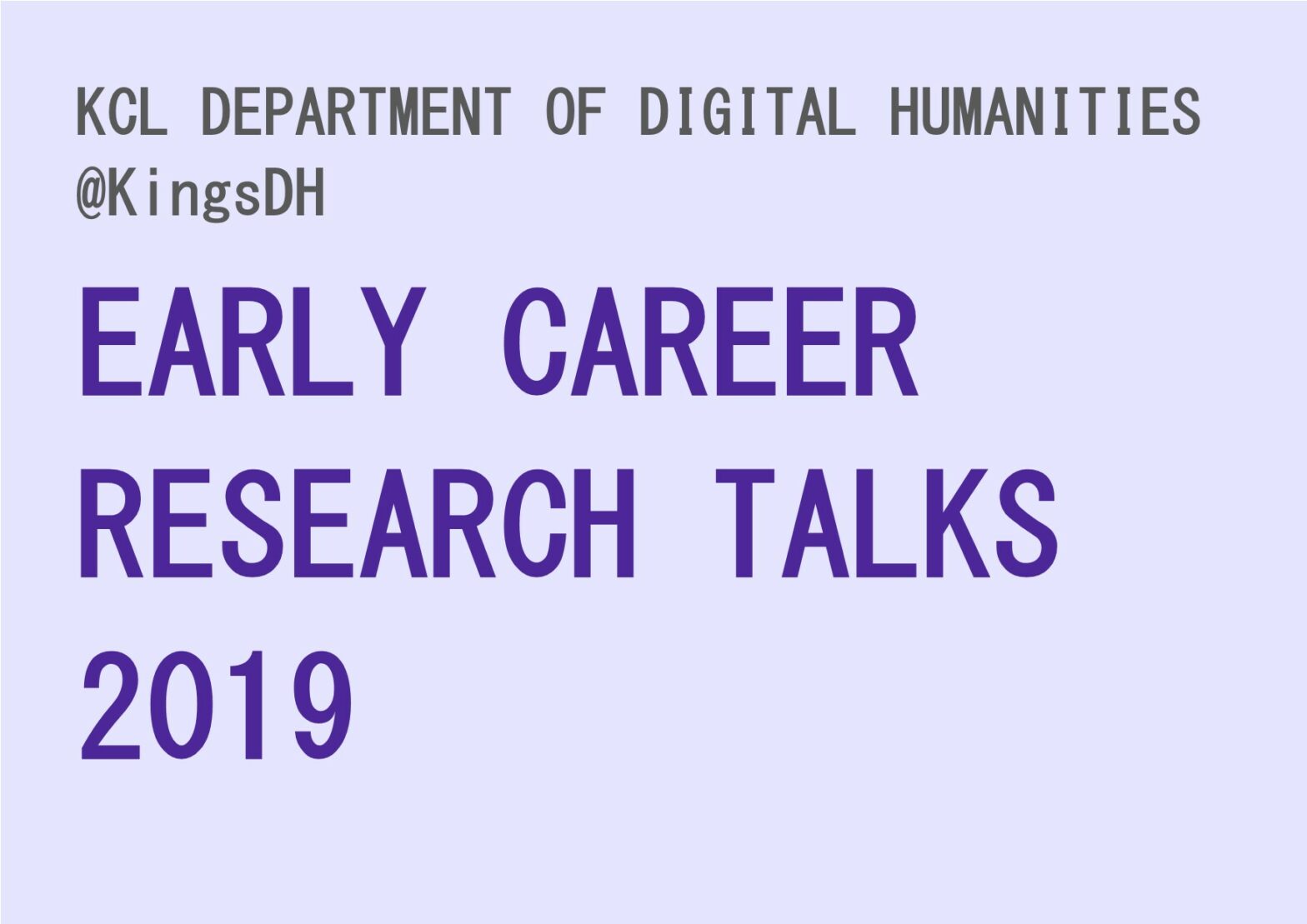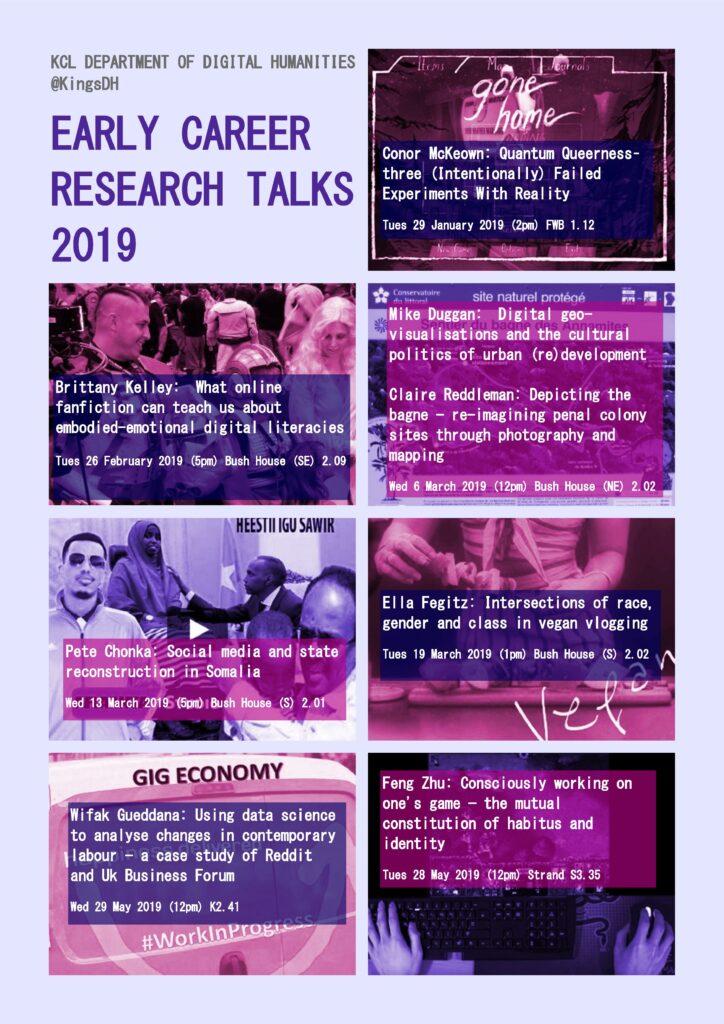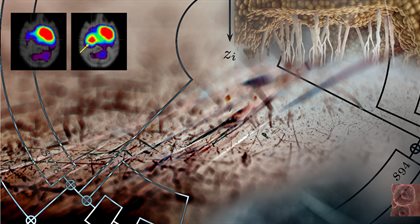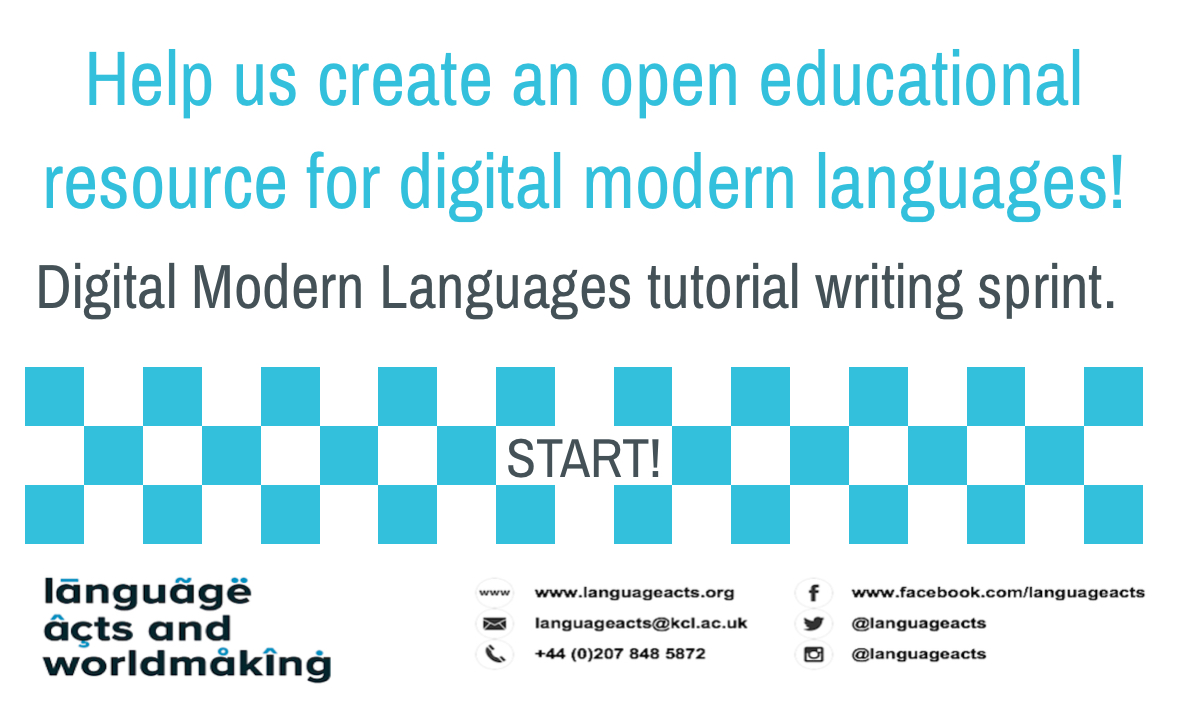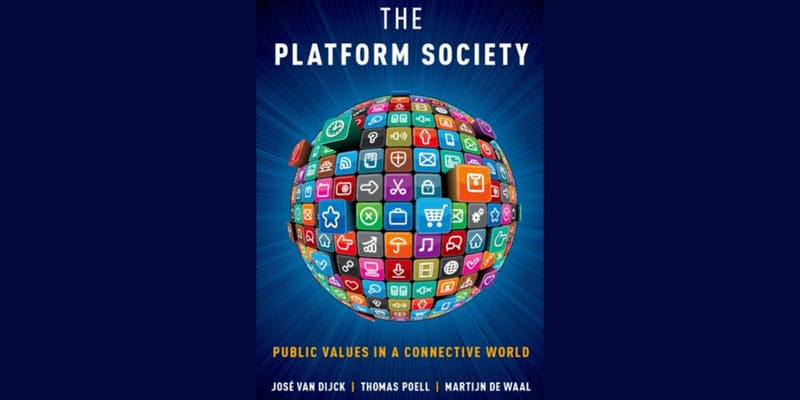[three_fourths]
Join us for a public talk on ecological media and media ecologies with Birgit Schneider (University of Potsdam), hosted by the Department for Digital Humanities, King’s College London.
Talking Trees: Four Perspectives on Ecological Media and Media Ecologies – Birgit Schneider (University of Potsdam)
Media not only shape our view of the environment, they are our environment. In my talk, I will relate media studies perspectives to current questions of media perception of environments by showing four perspectives on media ecology.
The perspectives use at least three concepts of media to grasp the ontological multiplicity of media and ecology. First, nature as a medium in the historical sense of elementary media. This approach makes it possible, for example, to look at the climate, the atmosphere or even the earth itself as a medium. Secondly, as media of nature – technical media that help to fabricate knowledge from nature by means of measuring and sensing. And finally, in an expanded sense of the term media, which encompasses media as infrastructures.
The four perspectives on media ecology, which then open up different fields, are 1) the ecology of the media as cybernetic networking; 2) the geology of the media, which brings into view the materiality of the media; 3) Media environments, which in their entirety shape the perceived environment, 4.) Media of nature, i.e. media that transfer nature into images, language or measurements perceivable by humans.
The examples that the lecture will discuss are current media formats such as the remains of the first submarine cables, twittering pines, Thoreau’s Walden pond as a computer game, satellite monitoring of global forests and the media experience of animal perceptions in the forest.
Bio: Birgit Schneider studied art and media studies as well as media art and philosophy in Karlsruhe, London and Berlin. After initially working as a graphic designer, she worked from 2000 to 2007 at the research department “Das technische Bild” at the Humboldt University in Berlin, where she received her doctorate with a thesis on the media archeology of punch card weaving under the supervision of Friedrich Kittler. Since 2009, she has been researching in the context of fellowships at the European Media Studies Department of the University of Potsdam as well as in Munich and Weimar. Since 2016 she has been Professor of Media Ecology in the Department of European Media Studies at the University of Potsdam. Her current research focuses on images and perceptions of nature, ecology and climate change, diagrams, data graphics and maps as well as images of ecology. She is head of the mixed-methods project “analysing networked climate images” and a member of the research group “Sensing. On the knowledge of sensitive media”. Since 2017 she is co-speaker of the “Network Digital Humanities” of the University of Potsdam.
This event is part of an ongoing seminar series on “critical inquiry with and about the digital” hosted by the Department of Digital Humanities, King’s College London. If you tweet about the event you can use the #kingsdhhashtag or mention @kingsdh. If you’d like to get notifications of future events you can sign up to this mailing list.
[/three_fourths]
[one_fourth_last]
Date and time
Wed 20th March 2019
16:00-17:30 GMT
Location
K3.11, King’s Building
Strand Campus, King’s College London
Strand
London
WC2R 2LS
[button open_new_tab=”true” color=”accent-color” hover_text_color_override=”#fff” size=”medium” url=”https://www.eventbrite.co.uk/e/talking-trees-four-perspectives-on-ecological-media-and-media-ecologies-tickets-57172397179″ text=”Register” color_override=””]
[/one_fourth_last]

